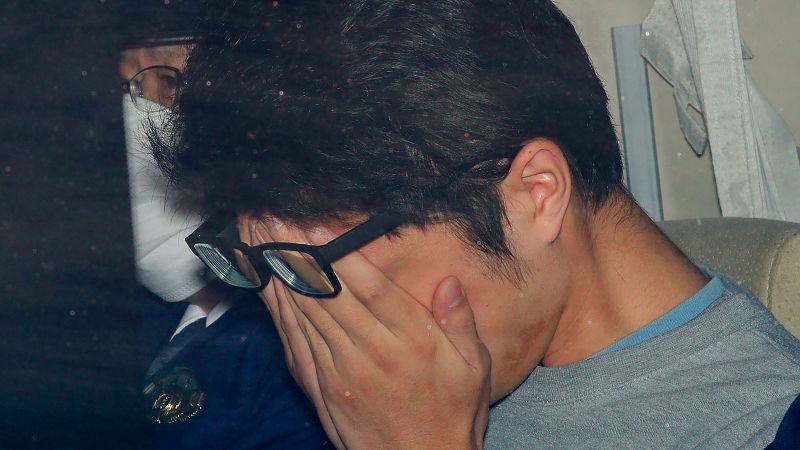
Tokyo – Japan has carried out the execution of Takahiro Shiraishi, known as the “Twitter killer,” marking the nation’s first use of capital punishment in nearly three years. Shiraishi, 34, was convicted of the gruesome murders and dismemberment of nine individuals, predominantly women, and was executed by hanging on Friday at the Tokyo Detention House.
Immediate Impact of Execution
Shiraishi’s execution is a significant event in Japan, a country where the death penalty is infrequently applied. Sentenced to death in 2020 after pleading guilty to the murders, Shiraishi’s case has been a focal point of public attention and debate over social media’s role in such crimes.
Key Details Emerge
Shiraishi was apprehended in October 2017 after police discovered human remains in his Zama apartment, located in Kanagawa prefecture, just outside Tokyo. The investigation was initially triggered by the disappearance of a 23-year-old woman who had expressed suicidal thoughts on social media platforms, including Twitter, now known as X.
9 victims were aged between 15 and 26, according to court proceedings.
Authorities found three cooler boxes and five containers in Shiraishi’s room, each containing human heads and bones, as reported by CNN affiliate TV Asahi, citing police sources.
Background Context
The high-profile case has raised significant concerns about the use of social media by vulnerable individuals. Shiraishi contacted his victims, who had posted online about their suicidal intentions, through social media. Using a handle that translates to “hangman,” he lured them to his apartment under the pretense of assisting them in ending their lives, according to the Jiji news agency.
“Selfish motives such as sexual and financial gratification resulted in the deaths of nine individuals over two months,” stated Justice Minister Keisuke Suzuki.
By the Numbers
- 8 women and 1 man were murdered.
- The case involved 3 cooler boxes and 5 containers of remains.
- Execution is the first since July 2022.
Expert Analysis and Reactions
Justice Minister Keisuke Suzuki emphasized the gravity of the case, highlighting the societal shock and anxiety it caused. “The death sentence was finalized following a thorough trial process,” Suzuki noted, underscoring the careful consideration involved in the decision.
In response to the execution, the father of one of the victims expressed a preference for Shiraishi to have spent his life reflecting on his crimes rather than facing the death penalty, as reported by NHK.
What Comes Next
The execution has reignited discussions about the death penalty in Japan, a practice shrouded in secrecy. Execution dates are not disclosed until after they occur, with families and legal representatives typically informed only post-execution. This case may influence future debates on capital punishment and its implementation.
As Japan reflects on this significant legal and societal event, the conversation about the intersection of technology, mental health, and crime continues. The implications for social media platforms and their role in such cases remain a critical point of discussion moving forward.
Editor’s Note: If you or someone you know is struggling with suicidal thoughts or mental health matters, help is available. In the US, call or text 988, the Suicide & Crisis Lifeline. Globally, the International Association for Suicide Prevention and Befrienders Worldwide have contact information for crisis centers around the world.




